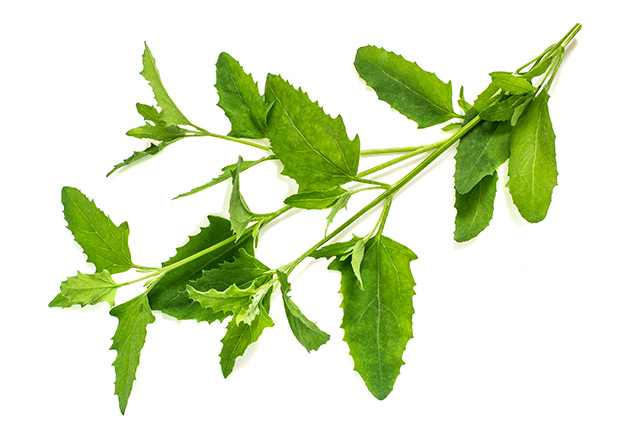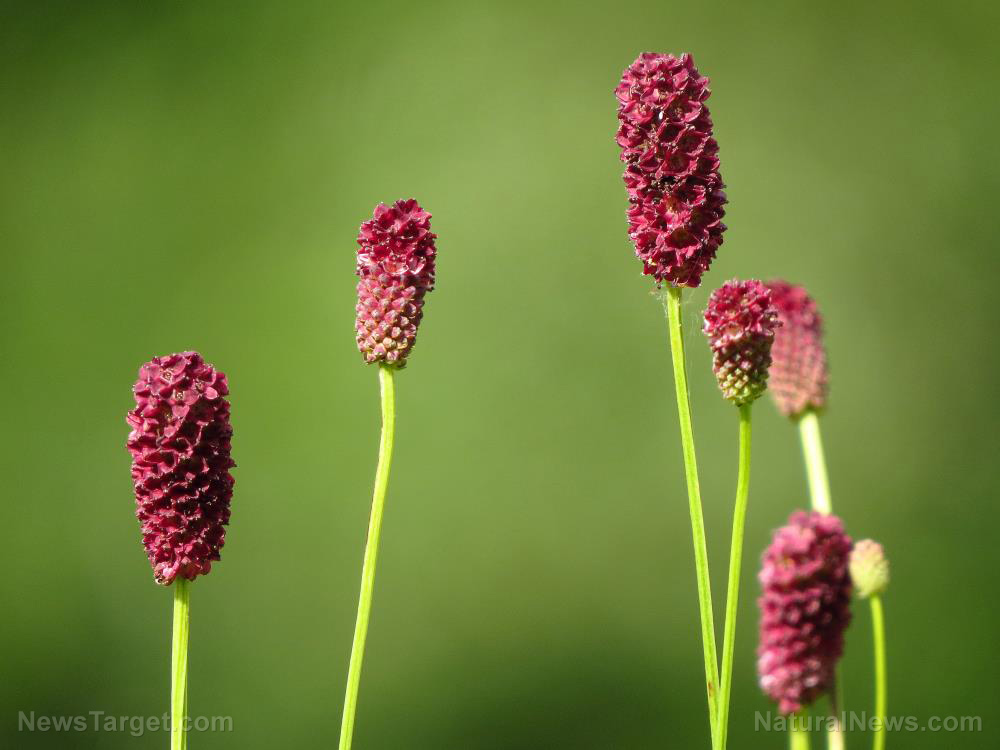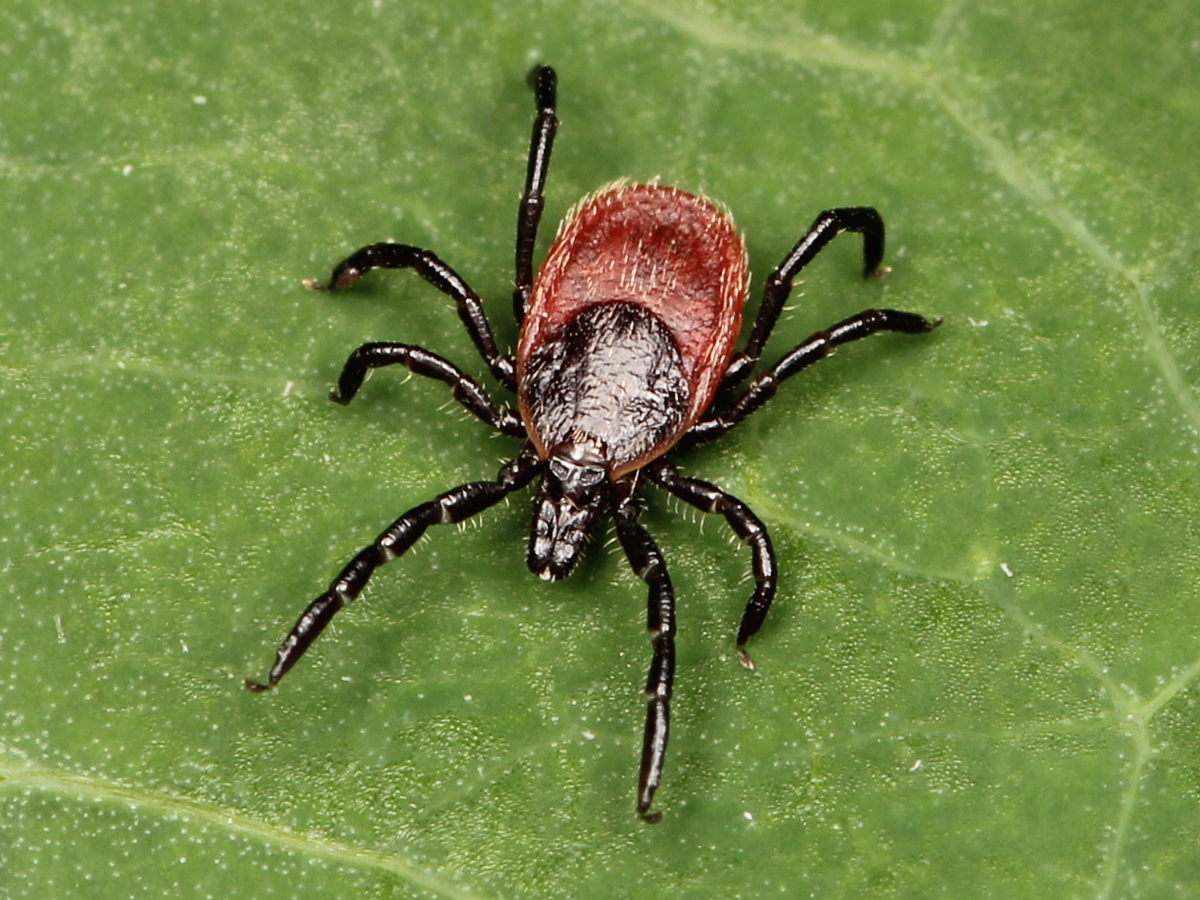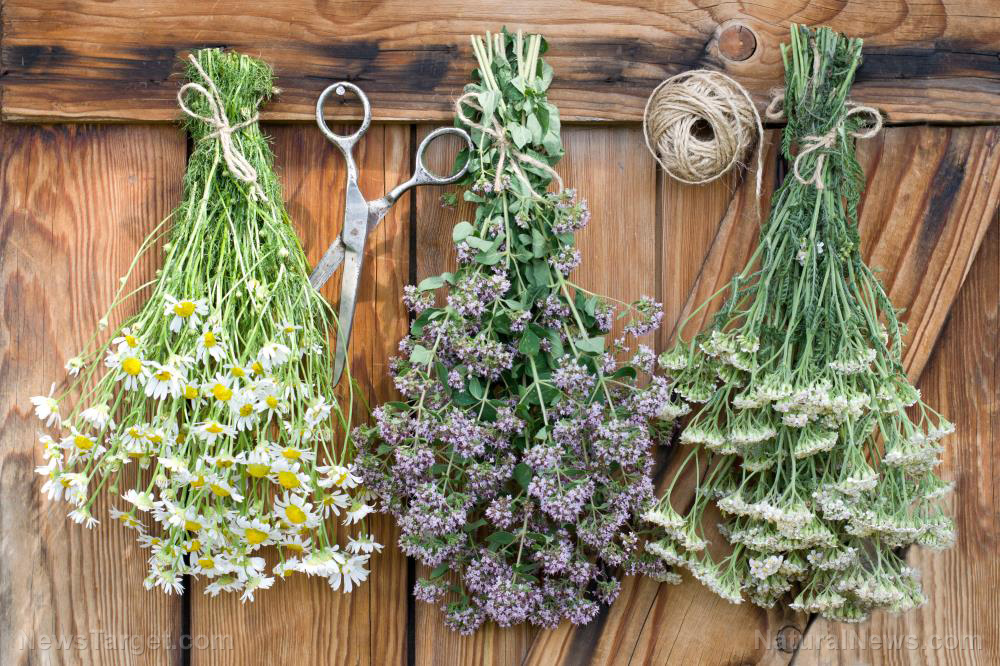Pass the salt(bush): Research uncovers its anticancer, antioxidant, antiparasitic properties
05/21/2019 / By Ralph Flores

Saltbush, a plant often grown to improve water efficiency in high-salinity soil, can be used as a novel therapy against various diseases, according to a study in BMC Complementary and Alternative Medicine. In their study, researchers from China and Pakistan looked at the efficacy of saltbush and assessed its biological activities.
Plants that belong to the Atriplex genus are commonly referred to as saltbush or orach, mainly due to their unique ability to store salt in their leaves. This allows them to grow in highly saline environments, making them useful for rehabilitating soils that have high salt concentrations on the surface. Saltbush fulfills this function by getting moisture from deep within the soil, lowering the water table and disrupting the upward movement of moisture.
In the study, the researchers looked at A. lasiantha, a type of saltbush native to Pakistan. They obtained extracts from the aerial parts of the plant using different solvents and subjected the extracts to different assays to determine their antioxidant, antifungal, and anti-parasitic properties. The researchers also evaluated the extracts’ ability to inhibit bacterial growth, as well as their anti-cancer and hemolytic activities.
The findings of the study were positive: Based on multiple in vitro tests, the researchers found that A. lasiantha can inhibit the proliferation of cancer cells. However, they recommended that further studies be done to identify the compounds at work for this biological activity. In addition, they also noted that the extracts possess potent antioxidant properties, thanks to the presence of different polyphenols in A. lasiantha.
The power of the elements: Discover Colloidal Silver Mouthwash with quality, natural ingredients like Sangre de Drago sap, black walnut hulls, menthol crystals and more. Zero artificial sweeteners, colors or alcohol. Learn more at the Health Ranger Store and help support this news site.
For its anti-parasitic properties, the researchers used Leishmania tropica, a protozoan parasite often transmitted by sandflies. These parasites multiply in the body and cause a disease called leishmaniasis, which can cause skin sores and internal organ damage. The researchers found that this particular species of saltbush contains compounds that can effectively address the infection.
“The current study reveals the potential of Atriplex lasiantha Boiss for the discovery of biologically active compounds through bioassay-guided isolation against various diseases,” the researchers concluded in their report.
Get hooked on saltbush with these benefits
Saltbush is found in many regions around the world, including Australia, South America, and even North America. The fourwing saltbush (A. canescens) is endemic to the Midwest and West, and Navajos parch them to make flour.
In terms of nutrition, saltbush is packed with:
- Vitamins C and K
- Calcium
- Magnesium
- Phosphorous
- Iron
- Protein
- Carotenes and anthocyanins
- Zinc
- Selenium
- Tryptophan
- Dietary fiber
Although the plant gets its moniker from salt, eating it is actually beneficial for overall health.
- It improves digestion. A study published in the journal Plant Foods for Human Nutrition found that saltbush can stimulate digestion, thanks to the dietary fiber present in the plant. This reduces the risk of digestive problems like constipation and gastric ulcers.
- It helps with kidney function. Saltbush has a slight diuretic effect, which can help the kidneys flush out toxins, excess salts and water, and even fat.
- It boosts metabolism. The nutrients in the plant make it useful for many bodily functions, from regulating hormones to managing enzymatic reactions. In addition, saltbush has iron and calcium that boost red blood cell production.
People who eat saltbush describe its taste as tangy and similar to chard. This might make it less appealing to others, but that didn’t stop the Russians from eating it during the siege of Leningrad. They used saltbush to make soup and bread — together with machine oil.
Learn more about other plants that have novel therapeutic uses at Herbs.news.
Sources include:
Tagged Under: #nutrition, alternative medicine, anti-diabetes, anti-parasitic, antibacterial, anticancer, Antifungal, Antimicrobial, antioxidant, Atriplex lasiana, cancer cures, cancer treatment, clean food, dietary fiber, disease treatments, food cures, food is medicine, functional food, herbal medicine, Herbs, infections, natural cures, natural medicine, prevention, remedies, research, saltbush



















